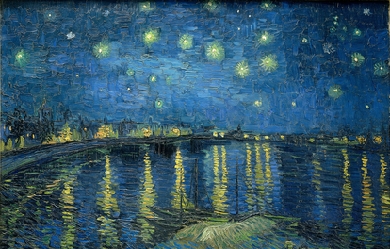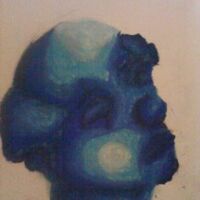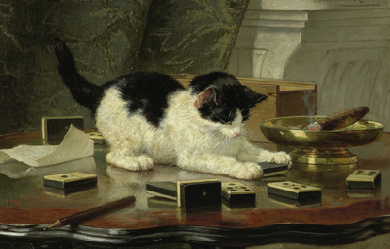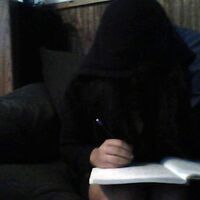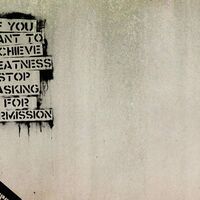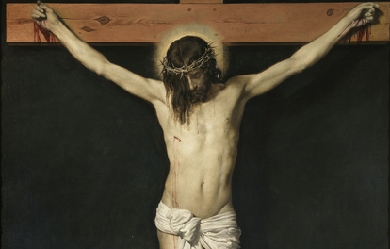
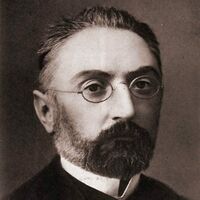
Miguel de Unamuno y Jugo (Bilbao, 29 de septiembre de 1864-Salamanca, 31 de diciembre de 1936) fue un escritor y filósofo español perteneciente a la generación del 98. En su obra cultivó gran variedad de géneros literarios como novela, ensayo, teatro y poesía. Rector de la Universidad de Salamanca a lo largo de tres periodos, también fue diputado de las Cortes constituyentes de la Segunda República, de la que se fue distanciando hasta el punto de secundar la sublevación militar que dio inicio a la guerra civil, si bien terminó retractándose de dicho apoyo.
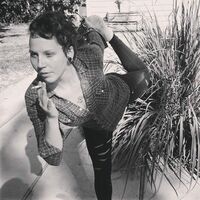
These are writings from the inner workings of a mind in constant thought about LIFE and everything it entails for the purpose of self-transcendence and with the intention to bring more understanding and healing to my own life and possibly those of others. My journey is one of self-exploration and discovery. Since my beliefs lie on the premise that we are so strongly connected to everything in existence, in getting to know myself I am getting to know the world. Learning about the world teaches me about myself. I find freedom in understanding and expression. My one true love is the paradox of questioning existence.
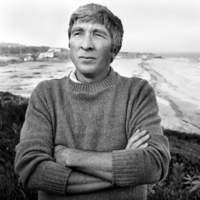
John Updike was a poet, essayist, short-story writer, critic, and novelist John Updike was born in Shillington, Pennsylvania, on March 18, 1932. His father taught high school math, and his mother wrote short stories and novels. Updike received his BA from Harvard University in 1954, the year he began to publish in The New Yorker. Thomas M. Disch wrote in Poetry magazine, "Updike enjoys such pre-eminence as a novelist that his poetry could be mistaken as a hobby or a foible," adding, "It is a poetry of civility—in its epigrammatical lucidity . . . and in its tone of vulgar bonhomie and good appetite." The Los Angeles Times noted that he "has earned an . . . imposing stance on the literary landscape . . . earning virtually every American literary award, repeated bestsellerdom and the near-royal status of the American author-celebrity." Updike is the author of more than fifty books. Among his volumes of poetry are Americana and Other Poems (Alfred A. Knopf, 2001), Collected Poems 1953-1993 (1993), Facing Nature (1985), Tossing and Turning (1977), Seventy Poems (1972), Midpoint and Other Poems (1969), and The Carpentered Hen and Other Tame Creatures (1958). His novels and short-story collections include Toward the End of Time (1997), The Afterlife and Other Stories (1994), Problems and Other Stories (1981), Marry Me (1976), Rabbit Redux (1971), and Couples (1968). Updike received numerous honors and awards including the National Book Award, American Book Award, National Book Critics Circle Award, and a National Arts Club Medal of Honor. He was awarded a Pulitzer Prize in 1982 for Rabbit is Rich and another Pulitzer Prize in 1990 for Rabbit at Rest. John Updike died due to complications of lung cancer on January 27, 2009. Poetry The Carpentered Hen and Other Tame Creatures (Harper and Brothers, 1958) Telephone Poles and Other Poems (Alfred A. Knopf, 1963) Midpoint and Other Poems (1969) Tossing and Turning (1977) Facing Nature (1985) Collected Poems 1953-1993 (1993) Americana: and Other Poems (2001) References Poets.org - www.poets.org/poet.php/prmPID/660

Life has shown me how cruel it can be and I've been silenced by the fear that no one will understand my pain, the only reason I'm still here is because I find so much peace comfort and understanding in a piece of paper that holds my darkest secrets. I've never known such freedom from my pain and fears than when I'm writing. This is my therapy.
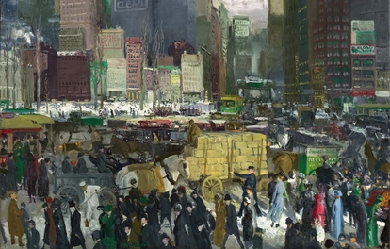
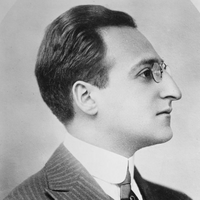
Louis Untermeyer (October 1, 1885 – December 18, 1977) was an American poet, anthologist, critic, and editor. He was appointed the fourteenth Consultant in Poetry to the Library of Congress in 1961. Untermeyer was born in New York City. He married Jean Starr in 1906. Their son Richard was born in 1907 and died under uncertain circumstances in 1927. After a 1926 divorce, they were reunited in 1929, after which they adopted two sons, Laurence and Joseph. He married the poet Virginia Moore in 1927; their son, John Moore Untermeyer (1928), was renamed John Fitzallen Moore after a painful 1929 divorce. In the 1930s, he divorced Jean Starr Untermeyer and married Esther Antin. This relationship also ended in divorce in 1945. In 1948, he married Bryna Ivens, an editor of Seventeen magazine. Untermeyer was known for his wit and his love of puns. For a while, he held Marxist beliefs, writing for magazines such as The Masses, through which he advocated that the United States stay out of World War I. After the suppression of that magazine by the U.S. government, he joined The Liberator, published by the Workers Party of America. Later he wrote for the independent socialist magazine The New Masses. He was a co-founder of "The Seven Arts," a poetry magazine that is credited for introducing many new poets, including Robert Frost, who became Untermeyer's long-term friend and correspondent. In 1950, Untermeyer was a panelist during the first year of the What's My Line? television quiz program. According to Bennett Cerf, Untermeyer would sign virtually any piece of paper that someone placed in front of him, and Untermeyer inadvertently signed a few Communist proclamations. According to Cerf, Untermeyer was not at all a communist, but he had joined several suspect societies that made him stand out. He was named during the hearings by the House Committee on Un-American Activities investigating communist subversion. The Catholic War Veterans and "right wing organizations" began hounding Mr. Untermeyer. Goodson-Todman, producer of the show, held out against the protests of Untermeyer for some time, but finally war veterans began picketing outside the New York City television studio from which What's My Line? was telecast live. The pressure became too great, and the sponsor Jules Montenier, inventor of Stopette deodorant, said, “After all, I'm paying a lot of money for this. I can't afford to have my product picketed.” At that point, the producers told Untermeyer that he had to leave the television series. The last live telecast on which he appeared was on March 11, 1951, and the mystery guest he questioned while blindfolded was Celeste Holm. The kinescope of this episode has been lost. His exit led to Bennett Cerf becoming a permanent member of the program. The controversy surrounding Untermeyer led to him being blacklisted by the television industry. According to Untermeyer's friend Arthur Miller, Untermeyer became so depressed by his forced departure from What's My Line? that he refused to leave his home in Brooklyn for more than a year, and his wife Bryna answered all incoming phone calls. It was she who eventually told Miller what had happened because Untermeyer would not pick up the phone to talk to him, even though Miller's support of blacklisted writers and radio and television personalities was well-known to Untermeyer and many others. But for more than a year, whenever Miller dialed the Untermeyers' phone number, Bryna "talked obscurely about [her husband Louis] not wanting phone conversations anymore, preferring to wait until we could all get together again," wrote Miller. Miller was a "very infrequent television watcher" in 1951, according to words he used in his 1987 autobiography, and so he did not notice that Bennett Cerf had replaced Untermeyer on the live TV game show. Miller did read New York City newspapers every day, but apparently there was no published report of Untermeyer's disappearance from television, therefore Miller was unaware that anything was wrong until Untermeyer's wife Bryna revealed what it was eventually after they had conversed by phone for more than a year. Louis Untermeyer was the author or editor of close to 100 books, from 1911 until his death. Many of them and his other memorabilia are preserved in a special section of the Lilly Library at Indiana University. Schools used his Modern American and British poetry books widely, and they often introduced college students to poetry. He and Bryna Ivens Untermeyer created a number of books for young people, under the Golden Treasury of Children's Literature. Utermeyer also rounded up contributors for a Modern Masters for Children series published by Crowell-Collier Press in the 1960s--the books were designed to have a vocabulary of 800 words and contributors included Robert Graves, Phylis McGinley, and Shirley Jackson. He lectured on literature for many years, both in the US and other countries. In 1956 the Poetry Society of America awarded Untermeyer a Gold Medal. He also served as the Consultant in Poetry to the Library of Congress from 1961 until 1963. Poetry collections * The Younger Quire (parodies), Mood Publishing, 1911. * First Love, French, 1911. * Challenge, Century, 1914. * These Times, Holt, 1917. * Including Horace, Harcourt, 1919. * The New Adam, Harcourt, 1920. * Roast Leviathan, Harcourt, 1923, reprinted, Arno, 1975. * (With son, Richard Untermeyer) Poems, privately printed, 1927. * Burning Bush, Harcourt, 1928. * Adirondack Cycle, Random House, 1929. * Food and Drink, Harcourt, 1932. * First Words before Spring, Knopf, 1933. * Selected Poems and Parodies, Harcourt, 1935. * For You with Love (juvenile), Golden Press, 1961. * Long Feud: Selected Poems, Harcourt, 1962. * One and One and One (juvenile), Crowell-Collier, 1962. * This Is Your Day (juvenile), Golden Press, 1964. * Labyrinth of Love, Simon & Schuster, 1965. * Thanks: A Poem (juvenile), Odyssey, 1965. * Thinking of You (juvenile), Golden Press, 1968. * A Friend Indeed, Golden Press, 1968. * You: A Poem, (juvenile), illustrations by Martha Alexander, Golden Press, 1969. References Wikipedia—https://en.wikipedia.org/wiki/Louis_Untermeyer

I write for fun. It's been about a year since I started to write. I am always up for new ideas. I try to think outside of the box. I usually put myself in others shoes and that's where I get my ideas from. I have no idea how I got into writing but I really like it. I have been told I am good at it so I decided to put my work up for other people to read. Comments are welcome. Help me get better at what I do and I will do the same for you. Thanks! View my other site: http://writers-network.com/members/Unrevealed

Born in India. Daughter of Amardip Rasaily and Pratima Rasaily. I am currently a student of B.A , pursuing Honours in English. I am intersted in reading and writing. I am a believer in equality of all men and women. Life is free... so i do not believe in restraints of any kind whatsover, as it is in this vaste deceptive world self discovery sometimes takes a life time. Oh yes, I am 20 year old!


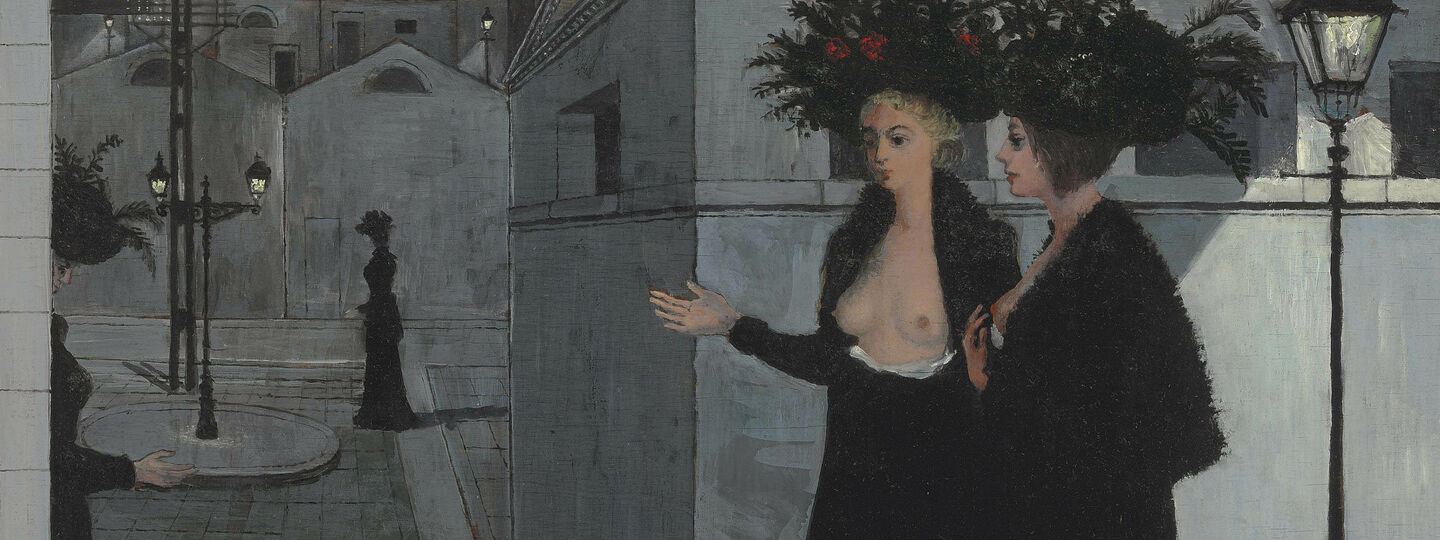
.jpg)
